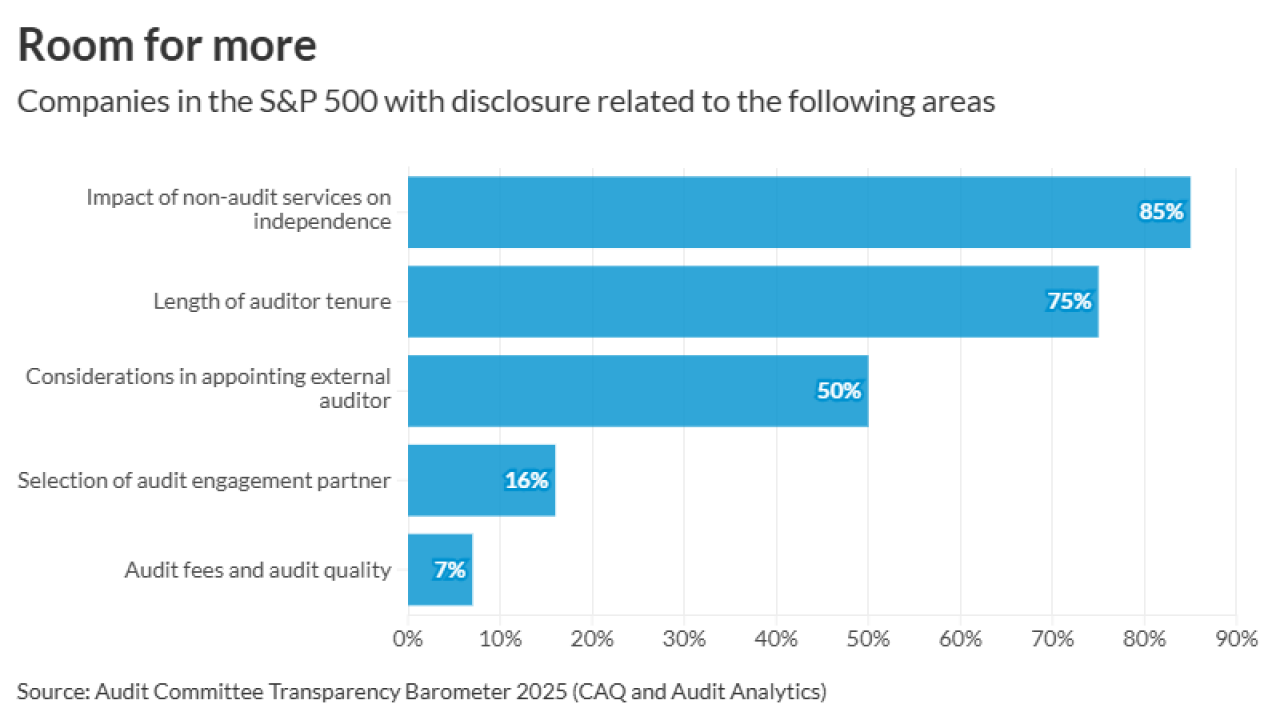Congressional leaders unveiled a wide-ranging deal on tax extenders, making some items permanent.
The Protecting Americans from Tax Hikes Act of 2015 is a culmination of recent work done in both chambers of Congress and renews and makes permanent important tax incentives that support both individuals and job creators. Among the provisions that would be made permanent are the enhanced Child Tax Credit, the enhanced American Opportunity Tax Credit, the enhanced Earned Income Tax Credit, the above-the-line deduction for teachers who buy school supplies, the charitable deduction of contributions of real property for conservation purposes, along with the Research & Development Tax Credit and Section 179 expensing.
The permanent R&D Tax Credit provision permanently extends the research & development tax credit and, for the first time, allows for eligible small businesses to claim the credit against the alternative minimum tax liability or against the employer’s payroll tax liability. The Section 179 provision permanently extends the small business expensing limitation and phase-out amounts in effect from 2010 to 2014; and sets a new threshold at $500,000 and $2 million, respectively, from the current amounts of $25,000 and $200,000, respectively.
Also made permanent by the legislation are the tax break for mass transit and parking benefits, and the option to claim an itemized deduction for state and local general sales taxes in lieu of a deduction for state and local income taxes.
In addition, the legislation suspends the 2.3 percent excise tax on medical devices through 2017 and delays for two years the so-called "Cadillac tax" on high-priced health insurance plans that was supposed to begin in 2018. It also phases out bonus depreciation. Another provision permanently extends the exception from subpart F income for active financing income. The legislation also permanently extends the rule reducing to five years (rather than 10 years) the period for which an S corporation must hold its assets following conversion from a C corporation to avoid the tax on built-in gains.
Another provision permanently extends the ability of individuals at least 70½ years of age to exclude from gross income qualified charitable distributions from Individual Retirement Accounts (IRAs) of up to $100,000 per taxpayer in any tax year.
Congress is expected to vote by the end of the week on the tax legislation along with an omnibus spending bill that was also unveiled late Tuesday night (see
“Santa came early this year with gifts for almost everyone in the form of numerous tax relief provisions, although the IRS may view its gift as a lump of coal,” said Peter Mills, managing editor of federal taxes for Bloomberg BNA. “Tax planners would gain more certainty because the bill would make permanent many important tax provisions, most notably the research and development credit, the expanded §179 expensing limitations, the enhanced child tax credit, and the earned income tax credit, as well as extending some popular temporary provisions, such as bonus depreciation. Foreign investors would gain advantages in increasing investment in U.S. real estate by increasing their ownership percentage of publicly traded REITs without being taxed on sales of the interests, and by exempting foreign retirement and pension funds from being taxed on sales of REITs holding U.S. real estate. It also would delay some of the taxes associated with the Affordable Care Act. The IRS fares less well under the bill with new restrictions, including a rule providing for the termination of any IRS employee who takes official actions for political purposes. Moreover, the IRS has the burden of processing these changes in time for the upcoming tax season.”
The Internal Revenue Service would receive $11.23 billion in fiscal year 2016, an increase of $290 million over the current level, specifically for customer service, identity theft and cybersecurity, according to the National Treasury Employees Union. While that figure is $1.7 billion less than the administration’s request of $12.9 billion, the NTEU noted, the final amount is an improvement over the House proposal to cut the IRS budget by almost $838 million compared to the current level.
The bill would make permanent a provision that allows retailers to depreciate remodeling and other improvements to their stores over 15 years rather than the previous standard of 39 years, the National Retail Federation pointed out. The provision, which also applies to restaurants, is important because retailers typically remodel every five to seven years. In addition to helping keep stores attractive to customers and profitable, the remodeling work creates tens of thousands of construction jobs each year.
A separate provision that allows 50 percent of the cost of improvements to be written off under “bonus deprecation” would be extended for five years, and would be expanded to cover stores and restaurants that are owned rather than just those that are leased.
Section 179 expensing, which determines the amount of an investment a small business is allowed to write off entirely in the first year rather than being depreciated over multiple years, would be made permanent and its level would be increased.
The Work Opportunity Tax Credit, which gives retailers a tax incentive to hire the disabled, welfare recipients and other economically challenged individuals, would be renewed for five years.
Paul Gevertzman, a tax partner at Anchin, Block & Anchin, sees benefits in having more certainty about the tax provisions. “The most positive aspect of this extender package is that many of the perennially expiring provisions are either made permanent, or at least pushed off beyond another New Year’s morning expiration,” he said. “What it means for businesses is that they can now plan properly. They can operate with the knowledge that if they follow the prescribed steps they can achieve the anticipated tax result. I had one client tell me just this morning how he’s been sweating it out because they spent $20+ million dollars on equipment purchases in 2015 not knowing for certain how much of that spend could be written off this year. This bill takes the guesswork out of the equation. This certainty allows tax incentives to actually incentivize businesses to spend, rather than to simply provide a benefit to businesses post facto for what they’ve already done.”
Speaker of the House Paul Ryan, R-Wis., spoke of the advantages of the tax deal during a press briefing Wednesday. "I cannot tell you how many times I have visited with small businesses and farmers who tell me, ‘Give me some certainty in the tax code, and I can go create jobs.’ We are finally delivering on one of those tax policies we’ve been trying to—for years—to get certainty in the tax code so we can create more jobs," he said. "I think this is one of the biggest steps toward a re-write of our tax code that we’ve made in many years. And it will help us start a pro-growth, bold tax reform agenda in 2016.”
The Senate Finance and House Ways and Means Committees have worked on efforts in Congress to overhaul the tax code through working groups, hearings, roundtables, issue papers and markups.
"Passing this legislation and making more tax policies permanent will provide significant tax relief for hard-working taxpayers in every walk of American life, from the middle class to military families to the working poor," said Senate Finance Committee chairman Orrin Hatch, R-Utah, in a speech on the Senate floor Wednesday. "It will do the same for businesses and job creators throughout our country, resulting in a healthier U.S. economy, increased growth, and more American jobs,” Hatch said. “Put simply, more permanence in the tax code will be a good thing for our country, and the PATH Act will provide just the kind of permanence we need."
Earlier this year, the Senate Finance Committee reported out a bipartisan tax extenders package that extended provisions to help families, individuals and small businesses for two years. The House Ways and Means Committee advanced several tax bills that would make permanent a number of policies, like incentives for innovative research and development, among others.
The PATH Act includes a number of bipartisan legislative policies that were advanced by the two tax-writing committees.
“It makes absolutely no sense the way America handles its tax code,” said House Ways and Means Committee chairman Kevin Brady, R-Texas, in a statement. “How can families and local businesses count on tax relief each year as long as Congress can't decide what's permanent and what's not? That confusion ends now, and our economy will be stronger for it.”
However, the bill will come at a cost of billions of dollars added to annual budget deficit, which may complicate passage in Congress.
“This bill highlights clear priorities for reforming our tax system,” said Wyden. “What does that mean? Millions of working families with children will not find themselves suddenly taxed into poverty. Millions of college students won’t have the rug pulled out from under them when the tuition bill arrives. Charities can confidently plan and expand the good work they do. And small business and enterprises on the forefront of innovation now have the economic certainty they deserve. At the same time we are phasing out provisions like bonus depreciation which were always designed to be temporary. But now is not the time for Congress to slow down and pat itself on the back. Today is a down payment on tax reform and our work continues as we strive towards a complete overhaul of our broken tax system.”
The tax extenders package also includes a five-year extension of the wind energy production tax credit to lead to a phase-down of the industry-specific tax credit. The wind production tax credit will be 100 percent in 2015 and 2016, 80 percent in 2017, 60 percent in 2018 and 40 percent in 2019.
Sen. Chuck Grassley, R-Iowa, had advocated for passage of this provision. “As the father of the first wind energy tax credit in 1992, I can say that the tax credit was never meant to be permanent,” Grassley said in a statement. “I also can say that the wind energy industry is the only energy industry that came forward with a phase-out plan. The oil and nuclear industries have benefited from tax incentives that have been permanently on the books for decades. The five-year extension for wind energy brings about the best possible long-term outcome that provides certainty, predictability and a responsible phase-down of a tax incentive for a renewable energy source.”
The tax package includes an extension of the existing biodiesel fuel blenders credit, the small agri-biodiesel producer credit, the tax credit for cellulosic biofuels producers, the alternative fuel vehicle refueling tax credit, and bonus depreciation for cellulosic biofuel facilities.
To view a copy of the bill text,





